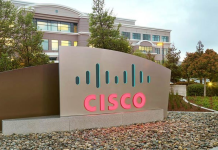The Software Report is pleased to announce The 25 Best Software Companies To Work For in 2020, New York Area.
For the past three months, we collected hundreds of nominations from professionals who work for software companies in the New York area. They provided their candid feedback on the strength of each company's work environment, people and culture. We then performed research into each company's history and evolution, reputation in the industry and management team caliber, among other factors
After thorough review of each company's nomination survey results, we selected those who scored the highest. We paid particular attention to those who demonstrated consistency across each performance area. The following company awardees represent this year's best software companies to work for in the New York area.
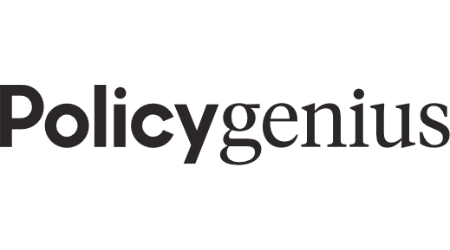
1. Policygenius
New York-based insurance tech startup, Policygenius has helped over 40 million people shop for insurance online. Founded in 2014 by Jennifer Fitzgerald and Francois de Lame they aimed to create a company that would disrupt the insurance space, and that’s exactly what they did.
By offering consumers an alternative to dealing with traditional brokers or comparing websites when shopping for auto, disability, health, home, and life insurance, Policygenius aggregates deals and prices for insurance helping people find the policy that best suits their lives.
Fitzgerald is also committed to creating a welcoming workplace. The New York headquarters in the city’s Chelsea neighborhood is pet-friendly, hosts happy hours, spelling bees and honors its LGBTQ employees with a month-long celebration of Pride. In 2019, the company announced plans to open a new technology and operations center in Durham County, North Carolina, creating around 377 jobs over several years and nearly $6 million for the region.
Policygenius has over 200 employees and has grown by 200% every year since launching in 2014. Today, its total funding stands at $51.1 million.

2. Outbrain
Founded in Israel but headquartered in New York, Outbrain was created in 2006 by Yaron Galai and Ori Lahav, who were both officers in the Israeli Navy. The native advertising company uses targeted advertising to recommend articles, slideshows, blog posts, photos or videos, enabling them to reach, engage and retain audiences. With a third of the world’s internet-connected population using Outbrain’s feed technology, it has established itself as one of the most trusted companies with emerging and established brands to integrate, manage and monetize their published works. The company has offices across the world in London, San Francisco, Chicago, Washington DC, Paris, Munich, Milan, Madrid, Tokyo, São Paulo, Netanya, Singapore, and Sydney.
In 2019, the company's largest competitor, Taboola struck a deal with Outbrain, in a partnership set at $250 million and 30% equity. This merger will give advertisers access to a new scaled player in an online ad market dominated by Google, Facebook and, increasingly, Amazon. The combined entity will have more than 2,000 employees and some 20,000 clients.
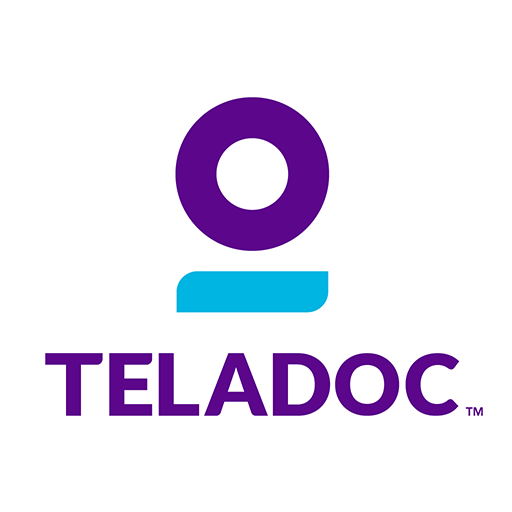
3. Teladoc
Telehealth company, Teladoc provides virtual access to physicians via smartphone, tablet or computer moving healthcare into the 21st century. Through its network of licensed primary care physicians, Teladoc Health offers video conferencing and telephone services to diagnose routine, non-emergency medical problems. Additionally, consulting physicians can recommend treatments and prescribe medications when appropriate.
Private insurers and employers have been embracing the trend as a way to make healthcare more accessible while avoiding costly and unnecessary trips to the doctor. Creating 24-hour access in real-time is one of the significant draws of integrating virtual tools into other aspects of clinical care. Recently, the company launched Teladoc Medical Experts in the US market, onboarding more than 100,000 employees from UPS and Nationwide Insurance, leveraging insights and capabilities from its Advanced Medical and Best Doctors acquisitions into one single experience. The Teladoc Medical Expert service creates a virtual center for individuals grappling with the challenges of complex physical and mental conditions.
Its recent acquisition of InTouch Health will allow Teladoc to provide care at sites such as hospitals, physician offices, retail clinics, pharmacies, worksites and even at a patient’s home.

4. Newsela
Launched in 2013, today, over 2 million teachers and 25 million students in 90% of U.S. schools turn to Newsela for content that’s personalized to student interests, accessible to everyone, aligned to instructional standards, and attached to activities and reporting that hold teachers accountable for implementation and students accountable for their work. With over 10,000 texts in its library and 10 new texts published every day across 20+ genres, Newsela enables educators to go deep on any subject they choose.
Teachers prioritize the structured choice Newsela provides, and administrators are keen on having the assurance that every content choice teachers make is vetted, aligned to standards, and contributing to learning. The company was founded by Dan Cogan-Drew and Matthew Gross and is backed by prominent investors including Kleiner Perkins, TCV and the Chan Zuckerberg Initiative.

5. WhiteSource
WhiteSource was founded in 2011 with a vision to empower companies to develop better software by harnessing the power of open source. WhiteSource founders were selling Eurekify to CA Technologies nearly 10 years ago when they learned first-hand that creating a software inventory report manually or with an old-fashioned code-scanner is a nightmare, and decided that their next mission would be to save other companies from this fate by designing a solution that automates the tasks surrounding the use of open source components: a solution built by a software development team, for software development teams.
Since then the software development industry’s reliance on open source components has grown exponentially, along with the number of new open source security vulnerabilities published every year. It’s no surprise that WhiteSource’s solution, the only all-¬in-one security, licensing and reporting solution for managing open source components in real-¬time, has quickly grown to become the leader in the Software Composition Analysis market. Today, WhiteSource is used by more than 800 customers worldwide, from all verticals, and sizes, including 23% of Fortune 100 companies, as well as industry leaders such as Microsoft, IBM, Comcast and many more.

6. Reonomy
Charlie Oshman and Rich Sarkis founded Reonomy in 2013. The company is a leading technology platform, providing uncomplicated and simple ways for brokers, investors and leaders to sort through commercial real estate information. It all started when the two realized that while real estate is one of America's largest industries, people that work on any assets outside the single-family home didn't have access to insights due to the disconnected nature of real estate data. Using AI-powered property research tools, Oshman and Sarkis set out to fix this.
Following a $60 million Series D funding round in November 2019, Reonomy is now one of the best-positioned real estate tech startups. Today, the company boasts more than 100,000 customers and its database is comprised of some 50 million properties. In total, the database also has 80 million companies, 300 million people affiliated with the properties, 38 million mortgages and 68 million property sales. By offering such unique and broad access to property intelligence, Reonomy products enable individuals, teams and companies to crack open insights and explore new possibilities.
7. To be announced soon. (per company request)
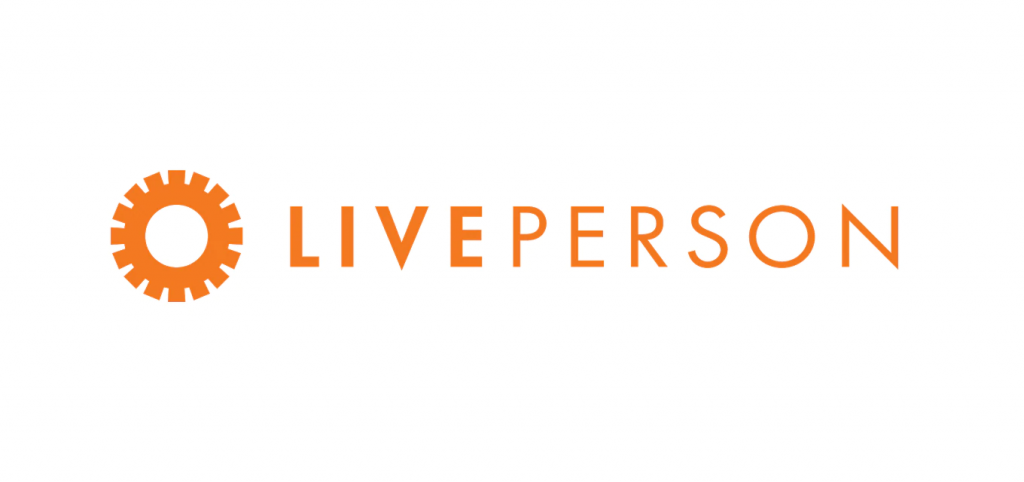
8. LivePerson
The world's leading AI-powered messaging software, LivePerson creates conversation commerce and intelligent messaging bots. Worth $2.7 billion, the SaaS provider develops customer engagement using products that can be integrated with messaging platforms, enabling brands to create interactive and conversational websites, mobile apps and communication channels while reducing costs and increasing lifetime value.
With a variety of messaging and AI-powered programs, the company has two main products for businesses looking to execute a more streamlined interface that engages with customers. These offerings include LiveEngage, a messaging channel integration that allows companies to create AI-powered chatbots that can answer messages directly from customers, while also reducing call center hold time and missed calls. Its other product, LivePerson Insights inputs structured and unstructured customer chat transcripts and outputs business insights, providing customer service agents with customer sentiments, conversational health and performance KPIs.
Founded by CEO Robert LoCascio in 1995 after encountering terrible customer service online, the company completed an IPO in 2000 and has since expanded with offices in England, Australia, Israel, Germany, Netherlands, Italy, France, Japan, and the US. Today, it boasts over 18,000 customers including leading brands like Citibank, HSBC, Orange, and The Home Depot.

9. Ambra Health
Founded in 2006 by Roger Bird and Shahram Partovi, Ambra Health is a leading provider of medical data and image management. The SaaS company empowers some of the largest health systems such as the Mayo Clinic, Stanford Children’s Health and Memorial Hermann as well as radiology practices, subspecialty practices and clinical research organizations. Its notable investor base includes Canaan Partners, Mayo Clinic, and CHL Partners.
CEO Morris Panner comments, “Ambra Health’s unwavering belief in the power of its people is what distinguishes it. Ambra Health is filled with individuals committed to delivering care through better technology. At some point in their lives, each person has experienced what it’s like to lack easy access to medical imaging and data and how that can impact their own health or that of a loved one. As a result, this team of passionate and talented individuals work together to transform the way leading facilities think about medical image management and access. Ambra Health looks for talented, self-motivated, and caring individuals.”

10. Bloomberg
Bloomberg has become associated with the fastest and most credible digital information sources in the financial industry. The Bloomberg Terminal is an integral piece of software used to access financial information, which in its initial phase was a physical terminal. Since being created by Michael Bloomberg in 1982, it has transformed into a remote software system accessible anywhere in the world.
By monitoring and analyzing real-time financial market data and place trades, Bloomberg Terminal and Bloomberg Professional provides news, price quotes and messaging across a proprietary secure network. This year, the leading provider of hedge fund research and intelligence, PivotalPath announced the addition of nine core benchmark indices, based on the firm's proprietary methodology to the Bloomberg Terminal, giving investors access to over $2 trillion of the industry's top-performing capital.
An extension called Bloomberg Tradebook allows formal trade execution through its messaging service. Traders, portfolio managers, and risk management analysts trust the program for daily market analysis and trading decisions. Currently, there are over 325,000 subscriptions worldwide.

11. Vimeo
The ad-free video platform, Vimeo became the first video sharing website to support high definition videos in 2007. Created by a group of filmmakers, the platform launched in 2004 and since then the SaaS business has become synonymous with sharing, monetizing and streaming videos.
With 90 million members in more than 150 countries, most of them artists in film, animation, and music, Vimeo has shifted its strategy toward directly serving video creators and consumers, including large businesses with Vimeo Enterprise; a set of tools designed for large organizations that allow users to manage and share live and on-demand video across workspaces. In fact, 70% of Vimeo’s audience is international, boasting 170 million viewers worldwide, and 42 million viewers in the US.
The New York-based company prioritizes diverse talent and promotes an inclusive atmosphere, with the hopes to encourage collaboration and inspire creativity. An IAC-owned company, Vimeo acquired Qualcomm-backed AI-powered video-editing service Magisto in 2019 for reportedly $200 million. Its latest product, Vimeo Create, represents the company’s first major implementation of Magisto’s technology.

12. Thnks
Founded in 2016, Thnks was built to empower professionals to build stronger business relationships through the power of thoughtfulness and gratitude. Over 1000 teams use the Thnks platform to shorten sales cycles, improve client relationships, and provide personalized customer experiences through thoughtful, instant, and fully compliant gestures of appreciation. Sales and customer success teams leverage effective tools including brand customization, program analytics and technology integration to drive business growth and customer retention.
Gratitude and thoughtfulness are central tenants at Thnks. Employees are encouraged to challenge conventions and ensure gratitude is present in all activities: customer interactions, marketing campaigns, and throughout the sales process. The team prioritizes monthly Thnks Days, where the company sets aside time to give back to the community and strengthen internal relationships. Past Thnks Days include volunteering at New York City soup kitchens, team improv classes, and visits to the Bronx Zoo.

13. Compass
Real estate listing app, Compass has been a disruptive and innovative force in the property world ever since its launch in 2012. Specializing in high-margin luxury homes in upscale and coastal markets, the company employs some of the industry's most talented agents who work with their software and proprietary mobile app. Unlike a traditional broker, the company uses technology to reduce the time and friction of buying and selling a house or apartment.
Today, the company is valued at $4.4 billion. After ending 2019 with over 15,000 agents who sold $88 billion worth of real estate, up from $33 billion in 2018, Compass has largely been acknowledged for reinventing the industry. It has streamlined what others have tried to do by controlling the experience while staying focused on who is using the platform and how they’ll be using it.
CEO Robert Reffkin recently announced that the company had exceeded 20% market share in San Francisco, Washington, D.C, as well as Silicon Valley and is set to hit a 10% market share in more markets in 2020.
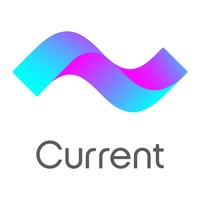
14. Current
Founded by a Wall Street trader turned start-up CEO, Stuart Sopp in 2017, Current is an affordable and accessible banking service aimed at young people. Beginning as a teen debit card controlled by parents, the bank has since expanded to offering personal checking accounts and today hosts over 500,000 accounts. The company closed $20 million in Series B funding in 2019 and to date has raised $45 million.
The teen banking service includes features like faster direct deposits, gas hold crediting and merchant blocking without charging overdraft fees, hidden fees or requiring minimum balances. While the teen checking account users have an average age of 15, the average age for the new personal checking account users is 27. Its services are provided by Choice Financial Group and Metropolitan Commercial Bank, which allows it to offer FDIC insurance up to $250,000
Both of Current’s products include a Visa debit card, off the back of a new joint marketing partnership, helping the company reach new customers. This year, Current plans to offer new features, including a cash-back system with brands and merchants, a credit product and potentially even Bitcoin investing.
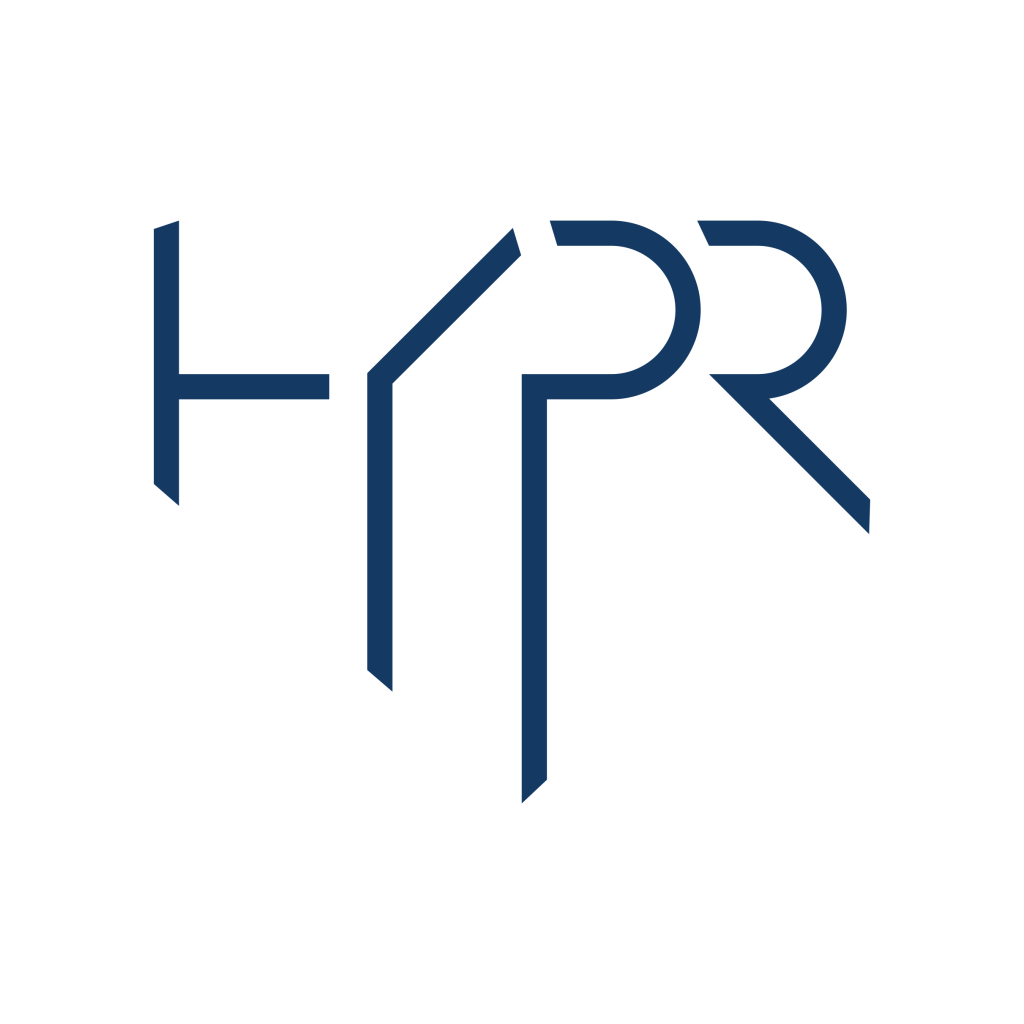
15. HYPR
The leading provider of passwordless security, HYPR is the first authentication platform designed to eliminate passwords and effectively remove hackers' primary mode of phishing, fraud, and credential reuse. Co-founder and CEO George Avetisov was inspired to start HYPR in 2014 after hackers targeted his previous e-commerce business. Consequently, the event piqued his interest in security which led to Avetisov identifying that the problem was in fact passwords and "shared secrets."
According to Verizon's 2019 Data Breach Investigation Report, passwords and shared secrets remain hackers' favorite targets. HYPR is powered by advanced Public Key Cryptography, which combines enterprise-grade security with a mobile-first user experience. This innovative approach removes hackers' primary target while providing users a secure login experience across mobile, web and desktop applications. HYPR charges companies based on the number of users per year in the range of $75 to $100 for a service that provides consumer authentication and employee access.
In 2019, HYPR closed an $18.3 million Series B funding round, bringing the company's total funding to more than $32 million. The firm also says it’s grown 400% between 2017 and 2018.
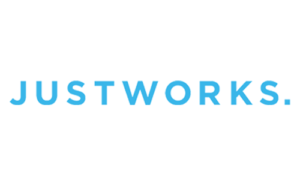
16. Justworks
HR technology company, Justworks prides itself on making it easy to start, grow, and run a business through its modern support system, compliance support, HR tools, and automated payroll. The all-in-one solution is designed to be simple, seamless and help businesses flourish. Today, Justworks serves over 80,000 employees and thousands of customers across every state in the US. With a team of just over 600 people, the company’s best-in-class platform, award-winning service, and disruptive pricing model continues to blossom, with new offerings in the works serving more businesses in new places and industries. In 2018, the company completed its Series D funding round with $40 million.
The firm prides itself as a great place to work, where kind, smart, creative, and hard-working people are nurtured and encouraged to be their best selves. As one of the fastest-growing HR technology companies in the country, Justworks is also accredited by the Employer Services Assurance Corporation (ESAC) joining an elite group of professional employer organizations that boast financial stability, ethical business conduct and adherence to operational standards.
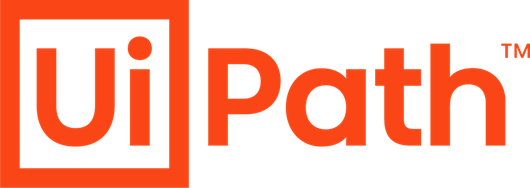
17. UiPath
Robotic process automation software company UiPath was founded in 2005 and is being touted as today's most hyped software. The Bucharest, Romania-founded business now based in New York City has since expanded from a 150-person Bucharest company with less than $5 million in revenue to 3,000-person-plus global operation, with over 30 offices and revenue reaching $300 million in 2019.
Leading the automation era with its hyper-automation platform, UiPath's RPA solution offers a full suite of capabilities, including analytics and process mining which empowers organizations to grow digital operations at an unprecedented and remarkable pace. The company knows that time is money, and its method of automating tedious, repetitive, and time-consuming tasks is being utilized by businesses and government agencies all over the world, including 8 Fortune 10 companies and more than 50% of the Fortune 500 companies.
The first Romanian-American unicorn closed a Series D round of $568 million in 2019 at a post-money valuation of $7 billion. Up until now, UiPath has focused on internal and back-office tasks in areas like accounting, human resources paperwork, and claims processing but it looks to move into more front-office tasks, an ambitious leap for the company, but one that they're confident about.

18. Hive
Unified productivity platform Hive boasts an enviable client list including Google, Uber, Starbucks, IBM, Marriott, and Omnicom MediaGroup. The productivity platform provider offers solutions from meeting scheduling to task management and project monitoring. With offerings for Mac, Windows, iOS, and Android, Hive organizes chat, tasks, files, and email into one, singular dashboard. It also turns meetings into real-time notes, automatically recapping previous meetings as well as auto-suggesting plans from a library of successful projects, enabling teams to find solutions to problems previously encountered by others.
Hive also uses AI and machine learning to deliver insights on team productivity while looking for potential risks and optimizes resource allocation and client billing. It integrates with over 1,000 tools including Asana, Trello, Basecamp, and Smartsheet, from which it can import tasks. In 2019, the company announced a $10.6 million Series A funding round, bringing its total funding to $16 million. Hive will use this to facilitate the development of its new and innovative products; including one that automatically assigns a project’s next steps by analyzing emails.

19. Crossborder Solutions
Co-founded in 2016 by Donald Scherer and David Bukovac, CrossBorder Solutions applies AI-driven tax solutions to empower multinational corporations in the compliance of worldwide transfer pricing regulations. The Tarrytown-based developer’s cloud-based solutions deliver hyper-localized transfer pricing that meets requirements of every jurisdiction, ultimately preventing audits, adjustments, and penalties with a modern, software-based approach.
Founders Scherer and Bukovac made their mark in the New York tech scene as the CEO and COO (respectively) of a similar tax software company, an early iteration of CrossBorder Solutions founded in 2001. It was acquired by Thomson Reuters in 2007 for $80 million. However, the second coming of CrossBorder Solutions has quickly become a leader in its field. With new products, strategic partnerships and groundbreaking software, the company has continued to innovate.
In 2019, the company took in a $40 million Series B investment following a Series A round of $8 million in 2017. Since its inception, CrossBorder Solutions has experienced over 200% year-over-year-growth with a growing number of multinational businesses leveraging its cutting edge method to transfer pricing.
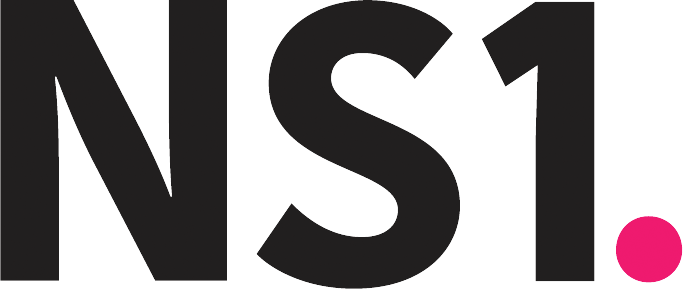
20. NS1
New York City startup NS1 has been trying to bring intelligence to the DNS space since 2013. Founded by Alex Vayl, Jonathan Sullivan and Kris Beevers, the former Voxel coworkers set out to create DNS infrastructure that thought about automation and "software smarts.” Together, they got their start in the adtech startup area with NS1, leveraging companies’ willingness to take a chance on an unknown newcomer in the space as they looked to get an edge.
Today the company is growing fast, has raised close to $50 million and has around 100 employees across offices in San Francisco, Londonderry, NH, the UK, and Singapore.
With over 450 customers globally including LinkedIn, Imgur, Encrypt.Me, Teridion, Bleacher Report, the Guardian, and Dropbox, NS1 claims its traffic control and delivery products power some of the most highly trafficked apps on the web. NS1 has experienced a nearly 90% compound growth rate since 2016.
In 2019, the company announced $33 million in Series C funding bringing the firm’s total raised to over $85 million, following a $20 million Series B in September 2016.
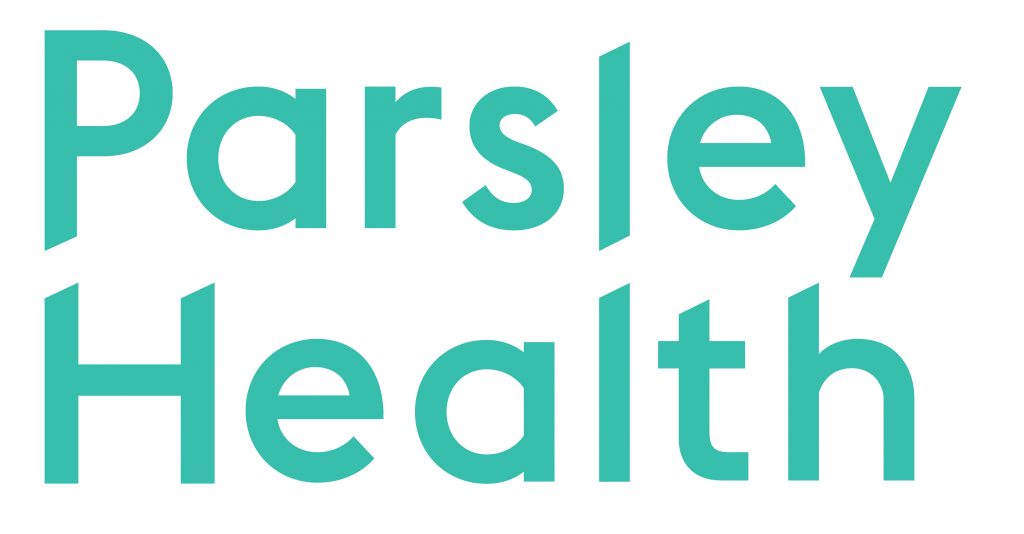
21. Parsley Health
Founded in 2016 by Dr. Robin Berzin, Parsley Health was created after she saw that the average American spends around 19 minutes a year with a physician— though none of this time is used to understand the cause of someone’s symptoms. Based on her passion for prevention, treatment and getting to the source of the problem, Parsley Health provides a holistic approach to health. The membership service, which allows users to work with a team of doctors and health coaches to find the root of their issues as well as create lifestyle changes to resolve them uses advanced biomarker testing with a focus on functional medicine.
Since its launch, the company has been running out of clinics in New York, San Francisco, and Los Angeles, but in January 2019 it revealed the first Parsley Health Center. Located on Fifth Avenue in the heart of New York City, the clinic is designed to actually make people feel healthier and better using the principles of biophilic design. Moving forward, Parsley Health plans to open more clinics across the country, as well as improve and flesh out its online content platform. In 2019, Parsley announced a $10 million round of Series A funding led by FirstMark Capital.

22. Payability
Since its inception in 2014 co-founders Keith Smith and Scott Lyn have provided finance solutions to suppliers of digital marketplaces with their Fintech company Payability. Smith posits that the idea for the company emerged while witnessing a perpetual issue for suppliers of online marketplaces like Amazon, Newegg, Tophatter, Walmart and Jet.com. Sellers are often subject to marketplaces withholding payments for weeks, which ultimately creates dire cash flow problems. Being unable to access cash from sales doesn’t only frustrate sellers but also limits their ability to replenish inventory or fund marketing campaigns.
Payability offers real solutions to that problem, by providing capital based on e-commerce sales for thousands of companies with its Instant Access and Instant Advance products. In 2018, the company launched its Seller Visa Card, the first card to give e-commerce sellers even faster access to their marketplace payouts. Payability's financing platform has provided more than $2 billion in accelerated payments to startups since 2016. In 2019, the company experienced a 3,350% growth and brought in $13.7 million in revenue.

23. Fingent
Custom software development company Fingent prides itself on being trusted by over 150 companies, including Fortune 500 enterprises as well as a number of businesses and startups across the world. Since 2003, Fingent has helped businesses streamline their individual business methods while utilizing technology assets to transform their clients’ business systems and ultimately accelerate overall success. By employing Microsoft, SAP, mobile, data analytics, cloud computing, and open source technologies, Fingent has continued to create sophisticated solutions. Their services include web application development, mobile application development, product development (SaaS), IoT (Internet of Things) and enterprise software development.
Recognized for its professional and technical excellence with software, web, cloud, and mobile applications, Fingent has offices across the US, UAE, and India with over 300 employees worldwide. In 2019, the company expanded its operations to Australia, opening a new office in Melbourne, accelerating its growth in software development, professional services, and support capabilities in the increasingly collaborative Australian market.
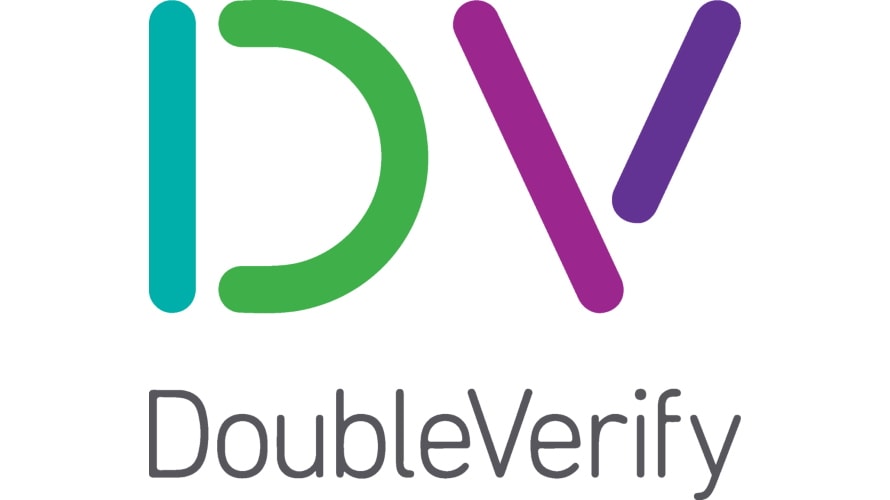
24. DoubleVerify
Founded in 2008, ad authentification and measurement platform DoubleVerify is a definitive sourced of transparent and data-driven insights into the quality, effectiveness, and nature of digital advertising. Today, the company validates over 60 billion advertising impressions per month for some of the world’s biggest brands, including hundreds of Fortune 500 companies.
The tech-first company helps businesses better understand how users are interacting with content online while helping with viewability, fraud protection, accurate impression delivery, and audience quality. The company recently added to its portfolio of features with the launch of Authentic Performance, the first data solution in the market to produce predictive data, pushing campaign performance using variables like the impact of an ad’s presentation to key dimensions of consumer engagement.
Combining human expertise and machine learning, DoubleVerify's connected TV (CTV) certification program also looks to curb ad fraud and invalid traffic. The company’s Semantic Science team claims to provide the industry’s most accurate content classification system, ensuring advertisers appear beside appropriate and relevant media. The company’s investors include JMI Equity, Institutional Venture Partners, Blumberg Capital, First Round Capital, and Genacast Ventures.
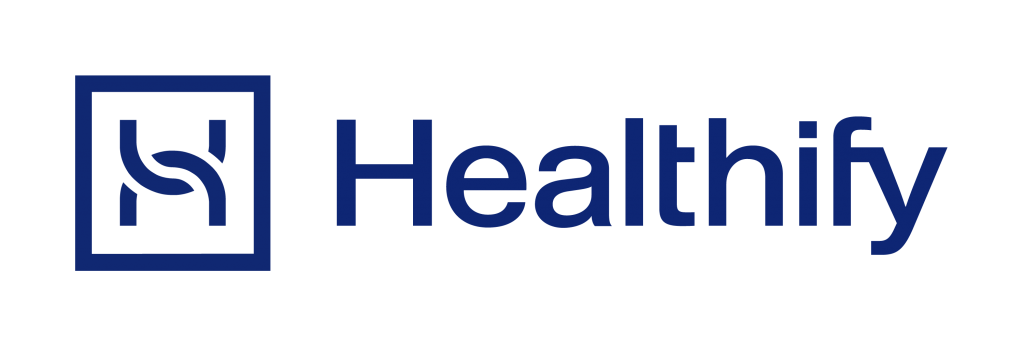
25. Healthify
The Manhattan-based startup Healthify, founded in 2012, operates across 30 states in the US. Empowered by a passion to build a world where no one’s health is hindered, the company offers a software platform that helps managed-care plans and health care providers find available social services and coordinate referrals. Healthify functions on the position that health care goes beyond attending a clinic, but also includes access to food and water, housing, transportation, as well as employment. Since its inception, Healthify has grown from a referral platform to an established social service network servicing communities around the country.
Led by CEO Manik Bhat, the company utilizes geo-targeting and intervention-focused methods. To support its networks, the company provides an SDoH referral platform that enables collaboration between network partners, allowing healthcare and social service organizations to track and measure the success of interventions as well as develop and formalize contracts all within one central system.
Copyright. The 25 Best Software Companies To Work For publication is copyrighted material, produced and published by The Software Report. For more information pertaining to content permissions, please refer to The Software Report's award usage regulations.













